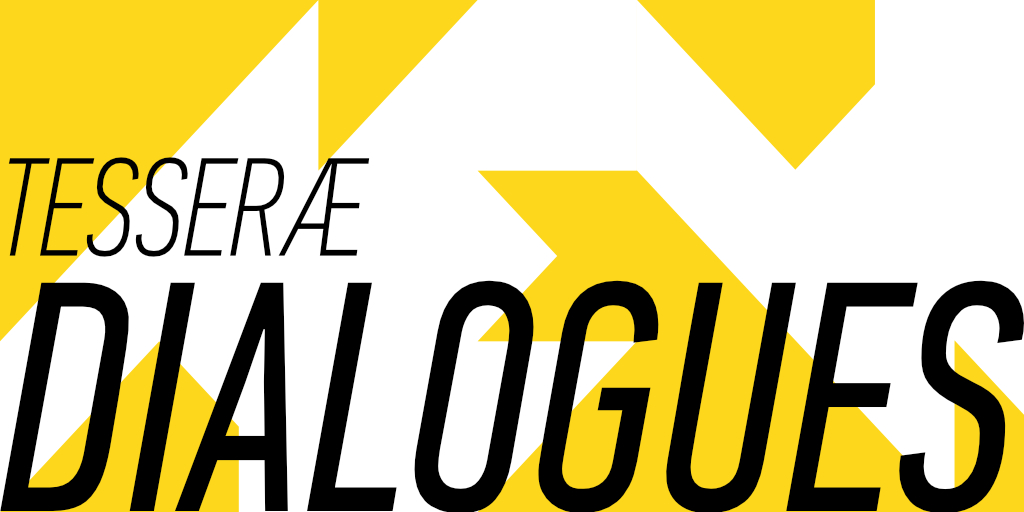Unpacking deliberative ideology

On Tuesday October 11 at 9 pm (CET) the eighth Tesserae Dialogues will propose Laura and Lorenzo in conversation with old friend and colleague Giovanni Allegretti. With him we will discuss the challenges posed to participation and deliberation by environmental and ecological policies. Here the proposal from Giovanni:
A vast majority on literature interested in citizens’ participation considers that a “deliberative wave” is crossing the planet in the last decade. “Deliberative minipublics”, “Citizens panels”, “citizens’ assemblies” and other devices are growingly being put in place in different parts of the planet (and a different scales of the administrative and political powers), especially for tackling issues related to ecological transition and environmental policies. Twenty years ago – when this wave was still not dominant – Iris Marion Young, in her seminal text “Activist Challenges to Deliberative Democracy.” (Political Theory 29/2001), severely criticized these devices, highlighting that they were artificial and cold instruments, that ignored the “repertoires of struggles” which characterize the fights of civil society for improving the intensity of democracy and the quality of policies and project of their representative institutions.
In this dialogue hosted by “Tesserae”, I would like to discuss with participants some challenges that the present struggles on environmental transition is posing to many existing participatory and deliberative processes – especially to those “invited spaces” organized by institutions for supporting and implementing policies in the domains of the energy transition, circular economy, sustainable food production and other important components of the European green Deal framework. I will move from the reflection of the last project that I am coordinating “PHOENIX: The Rise of Citizens’ Voices for a Greener Europe”, which is giving me the opportunity to discover new dimensions of citizens’ participation, and the so-called “deliberative processes” which are growing around the planet. Several questions will be debated with participants. Among them: what are the main structural and conjunctural limits of the most successful participatory and deliberative processes when FACING ENVIRONMENTAL TRANSITION? What are the main challenges that complex issues related to new green deal visions pose to best practices of participation elaborated in other thematic domains? How do deliberation techniques face the risk of dissipation of the socio-relational capital they create? Could certain “ideologies of participation” be softened by the use of hybrid methodologies? What is the place of technology and artificial intelligence in the most recent changes in the panorama of citizens’ participation and deliberation?



